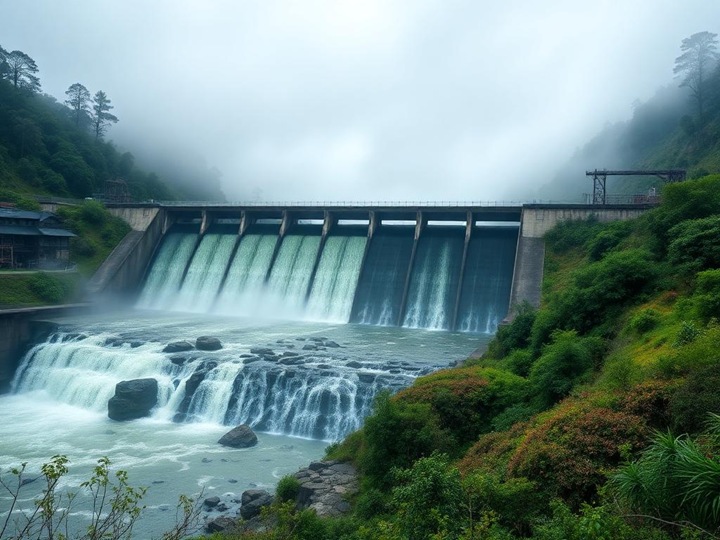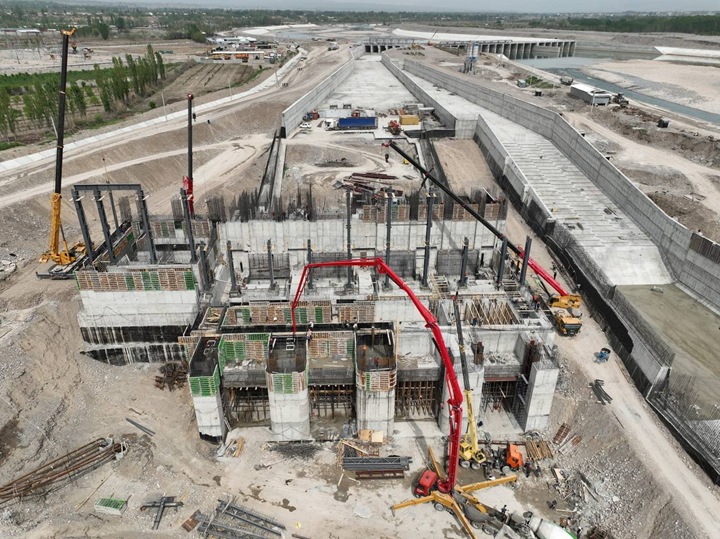Slovakia is ready to build small hydropower plants on the mountain rivers of Kyrgyzstan
Slovak companies Vodohospodarska výstavba and MicroStep-MIS are interested in implementing projects in Kyrgyzstan for the construction of dams and the management of hydroelectric power plants. The Ambassador of Slovakia to Kyrgyzstan Robert Kirnag told Trend about this.

According to him, these companies can offer effective practices in the development of legislation, ensuring the safety of water bodies and the efficient use of water resources in the face of climate change.
He added that Slovakia is already supplying monitoring systems for water facilities, as well as meteorological and hydrological forecasting systems to the Central Asian region.
“Kyrgyzstan has a significant untapped potential of renewable energy sources. At the moment, renewable energy in the country is mainly represented by large hydroelectric power plants (HPPs), which provide 30% of the total energy supply, only 10% of the hydropower potential has been developed. A particularly promising direction is the development of decentralized renewable energy technologies, primarily small hydropower plants on mountain rivers. The National Energy Program and the Fuel and Energy Sector Development Strategy (for 2010-2025) are the main tools for achieving sustainable energy development,” Kirnag said.
He added that the rapid expansion of the use of renewable energy sources, especially hydropower, is a priority for the development of the Kyrgyz energy sector, and the Strategy supports the construction of about 100 small hydroelectric power plants with a total capacity of 180 megawatts.
The Ambassador noted that the development of small hydropower plants will allow Kyrgyzstan to increase its own energy production, reduce dependence on fuel imports and reduce emissions.


